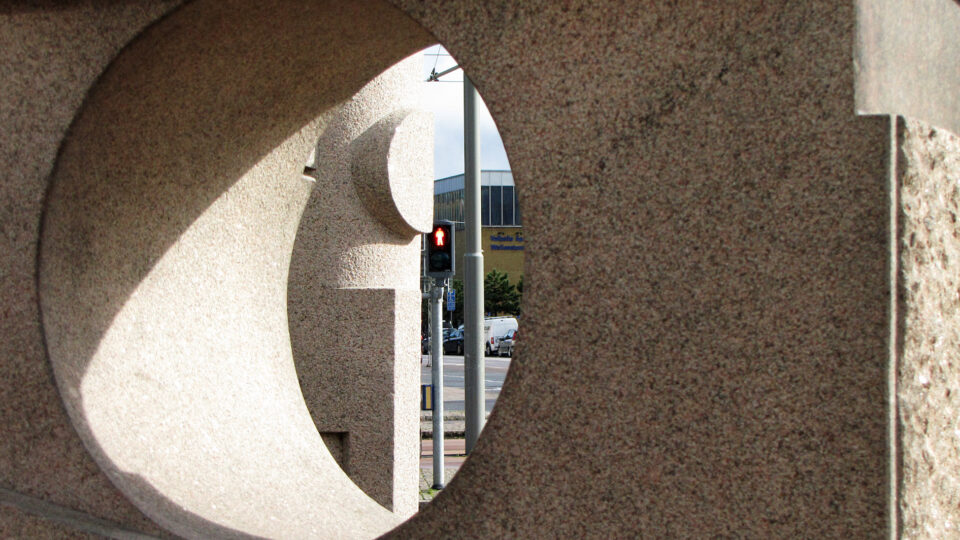On 4 April 2016 the Supreme Court decided that it is not permitted to transfer photos of art in public places to an open and cost-free database on the Internet without the copyright holders’ permission.
WHAT HAS HAPPENED?
Wikimedia Sweden (“Wikimedia”) is a non-profit organisation which, among other things, has a database and website, www.offentligkonst.se, containing photos of artworks in public places. According to Wikimedia, the purpose of the database and website is to provide an open and cost-free database of public artworks in Sweden which can be used by the public, educational system and tourist industry. It is also the public which provides photos for the database by uploading photographs of public art.
The Visual Copyright Society in Sweden (“VCS”) is an organisation in Sweden which represents sculptors and other creators of artworks. VCS sued Wikimedia for infringement of the creator’s sole right to transfer photos of artworks to the public. Wikimedia objected that it entails a permitted use of the photos, particularly taking into account that the works were located on or at a public place outdoors. Section 24 of the Swedish Copyright Act (sw. Lag (1960:729) om upphovsrätt till litterära och konstnärliga verk), which involves a restriction of the copyright protection, namely states that artworks may be reproduced in pictorial form, i.e. photographed, if they are permanently located outdoors on, or at, a public place. However, VCS claimed that the concept ‘depict’ does not include the photograph being added to a website and therefore Wikimedia should have sought the copyright holders’ permission.
THE COURT’S VERDICT
The Supreme Court clarifies that it is permitted to take photographs of public art and disseminate non-digital images to a limited degree. However, according to the Supreme Court this does not mean that there is a freedom to upload photographs online and thereby make photos of the artworks available to the public to an unlimited degree. It neither makes any difference for what purpose, commercial or non-commercial, this takes place. The Supreme Court also alleges that a digital database with photos of public art may entail a commercial value which should accrue to the creator of the artwork. Thus, in the light of this reasoning the Supreme Court was of the opinion that Wikimedia was not entitled to disseminate the artworks through its website without permission of the creators of the artworks.
So far we can only speculate what the consequences of the Supreme Court’s decision will be. However, one conclusion can be drawn. The Supreme Court distinguishes between the current and the past practice of utilising public art. In the past it was permitted, from a copyright perspective, to utilise photos of public art through postcards. The argument for this has been that the utilization of the postcards did not pose a large restriction of the copyright holders’ sole right. In terms of digital utilisation, the Supreme Court now appears to claim that the matter should be assessed differently. Accordingly, there is a risk that a business model which sends or stores electronic postcards with themes of public art may be considered as being unlawful, irrespective of the commercial purpose. In addition to this, it can be questioned how the Supreme Court would assess all the photos of public art which are uploaded on Instagram or Facebook. Particularly taking into account that a photo uploaded through social networks hardly constitutes a limited dissemination but rather an enormous dissemination which may – if it is coordinated – entail a significant value. However, at present it appears as though the coordination is decisive. Individuals or companies, who occasionally upload a photo of public art on social media will probably not be considered as breaching the Copyright Act. But, it is safe to presume that the discussion on these issues has not yet come to an end.
Stockholm City Court: T 8448-14.
Supreme Court: case no. Ö 849-15, NJA 2016 p. 212.
WOULD YOU LIKE MORE INFORMATION?
PLEASE FEEL FREE TO CONTACT US AT MORRIS LAW
CAROLINE YGGE
Partner, Advokat
Telephone: +46 10 722 36 10
Mobile: +46 738 26 47 70
E-mail: caroline.ygge@morrislaw.se
KARIN ODKRANS
Associate
Telephone: +46 10 722 36 21
Mobile: +46 708 83 73 46
E-mail: karin.odkrans@morrislaw.se


